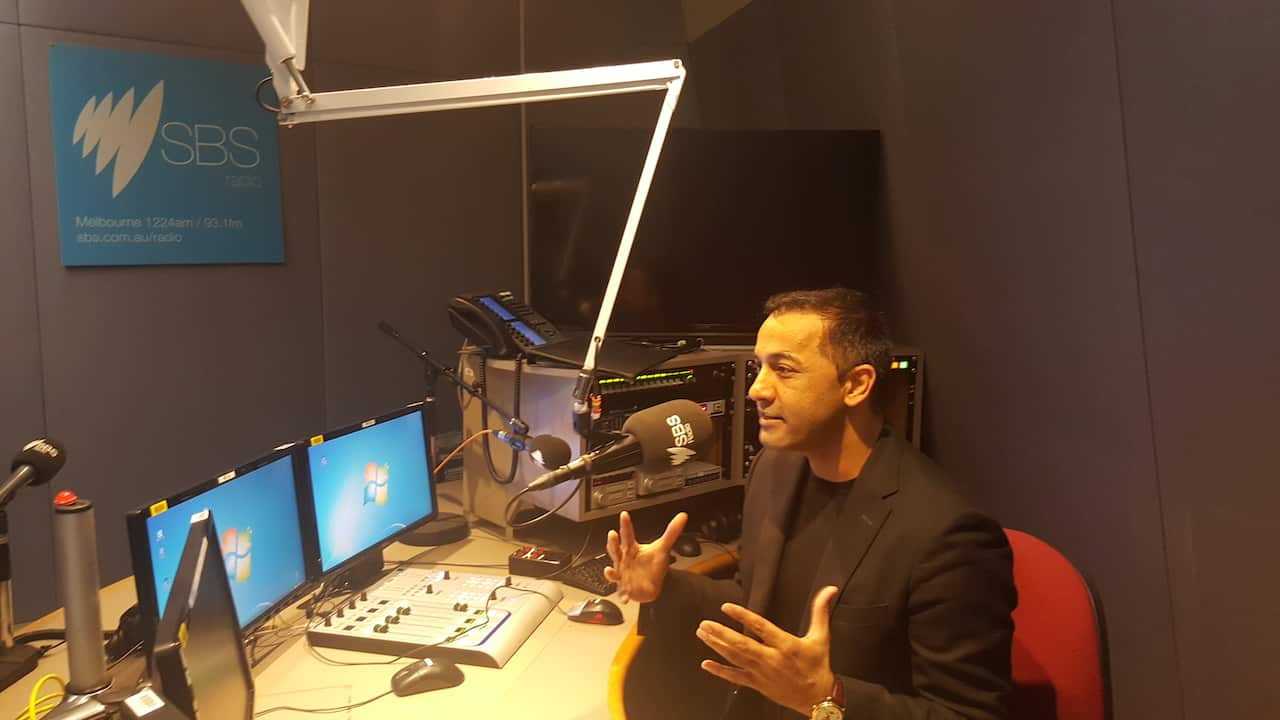UDAY is a social enterprise involved in empowering disadvantaged youth, women and farmers in India through skills education and vocational training, says its founder Param Singh.
Mr Singh told SBS Punjabi that he has a growing concern that farmers across India continue to struggle to make a decent living.
“With access to the latest information, training and skills, access to markets and farm inputs - that may be currently out of reach to many small rural farmers - this story can be turned around," he says.

UDAY: Sustainable rural livelihood through 'Project Mooo'
Mr Singh claims that Project Mooo is the first of many programmes bringing the best of global expertise direct to Indian farmers.
“Uday identifies areas of need and builds programmes to tackle these areas of need. In this case the huge ‘Dairy Deficit’ that India faces,” he said.
“These programmes are spearheaded by local village entrepreneurs who run sustainable local enterprises supported by district programmes by teams of specialists funded by donations from Corporates and Individuals.”
Param Singh in conversation with SBS Punjabi's Preetinder Singh Grewal (In English)
Mr Singh said that his main aim is to create a self-sustaining model to ensure continued long term development of rural communities.
“With this project we are looking a holistic solution that will help develop a new generation of rural startups to tackle India’s Dairy Deficit by addressing the issues directly such as animal health, feed & fodder and breeding practices,” he added.
“Through the Bootcamp training interventions under Project Mooo, there is potential to increase milk output from 3kg to 27kg per animal per day, similar to that of a progressive dairy farmer, provided the farmers have access to capital.”
With ‘Project Mooo’, Uday aims to increase income of 1 million farmers by 2021 with every 3rd being a woman farmer.
“More specifically, the goal of the project is to double the income of dairy farmers over the next three years; help bring down the average milk yield gap from 90% between India and developed countries as well as uplift the lives of 60m women in India engaged in the dairy sector.”
"The sustainable model will help generate increased income for not only the dairy farmers but also allied sectors as well as open up prospects for employment for rural youth.”
Mr Singh said the project's success will help prevent the dislocation of families caused by poverty in rural areas that often forces people to migrate to the cities.
“There is no doubt that farming is becoming less and less a sustainable way of life for many farmers, resulting in dislocated, separated and bereaved families across the country,” adds Mr Singh.
I am a Punjabi and Punjab’s deteriorating farming sector is one of our concerns. We know the core issue is economic distress.
“According to a recent NSSO survey, as many as 69 per cent agricultural households own less than a hectare of farmland each, making farming unviable and forcing migration to urban areas as there are few non-agricultural jobs in villages.”
“The impacts of climate change weigh heaviest on rural farming communities in developing countries like India. India ranks in the top 38% of countries worldwide most vulnerable to climate change and least ready to adapt.”
“Access to skills, markets, and resources are not accessible to all in India. But this needn’t be the case,” he said.
